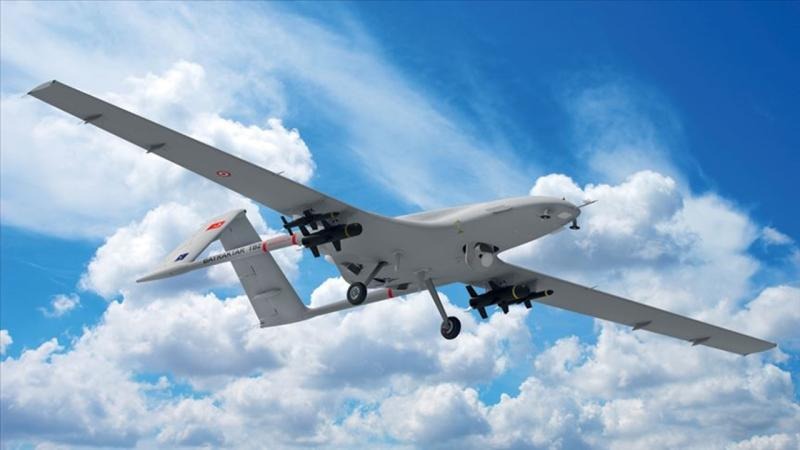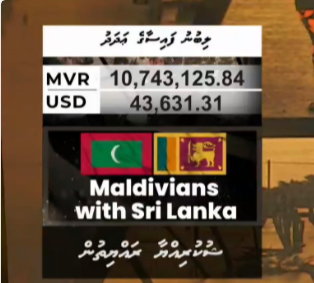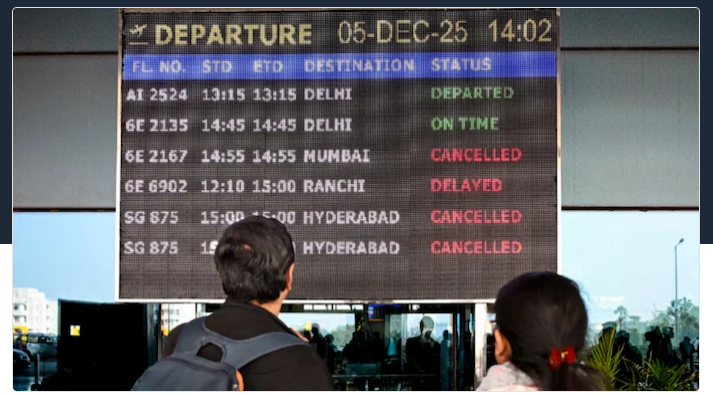In a striking move for the tranquil Indian Ocean nation, the government of the Maldives has begun deploying military drones to monitor its vast economic waters, unsettling the islands’ laidback atmosphere with the prospect of armed aerial surveillance.
The Bayraktar TB2 drones, purchased from Turkey in a previously undisclosed deal, are being housed at Noonu Maafaru, a civilian airport built by Emirati royals. Little official information has been provided, but photos circulating online depict the unmanned aerial vehicles’ menacing profile – a 21-foot wingspan capable of flying for nearly two days straight at altitudes topping 25,000 feet.
The drones can beam high-resolution imagery and video from 300 kilometers away, even at night using infrared sensors. And while billed as enhancing maritime security, the Bayraktars could potentially be armed with laser-guided munitions, underscoring their potency.
According to reports, the agreement with Turkey includes six Bayraktar TB2 drones and a command and control station to “meet the security requirements” of the Maldivian armed forces, MNDF. Materials to construct hangars for the drones were shipped to Maafaru island on March 5, while a team of Maldivian military personnel underwent training in Turkey.
The move by President Dr. Mohamed Muizzu has sparked unease in this tropical paradise better known for luxury resort overwater villas than military hardware. The main opposition party has accused Muizzu of squandering millions on an overpriced contract with Turkey to help fund its upcoming parliamentary election campaign.
“This was something not in the annual budget,” charged Ahmed Isa, a lawmaker from the Maldivian Democratic Party. “The contingency budget must bear the brunt of millions spent on something less important than pressing issues.”
Isa said the previous government had been negotiating to acquire surveillance drones for free from an allied nation. Dr. Muizzu traveled to Turkey shortly after taking office last November, visiting defense companies amid speculation the drones were on his agenda.
For the Maldives, an archipelago of just 540,000 people scattered across 1,200 islands, the drone acquisition represents an unprecedented step toward militarization. While every nation has a right to self-defense, analysts question whether the remote islands face imminent maritime threats necessitating such high-tech hardware.
While the government states the drones are for defensive purposes like combating piracy and illegal fishing, experts are examining if there are larger strategic aims to enhance national defense capabilities that could alter regional power dynamics. Transparent policymaking and adherence to international norms will be crucial to allay concerns, they say.










